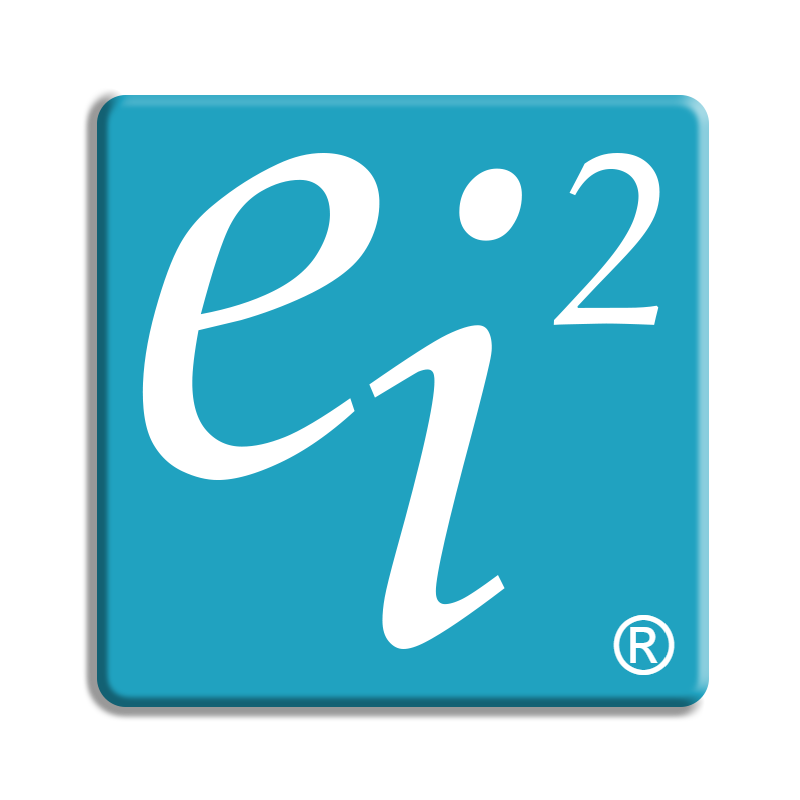Artificial Intelligence isn't just a futuristic concept in today's fast-paced digital world; it's already revolutionising how we manage education systems, educate, and learn. AI is now a game-changing tool in education, from simplifying time-consuming administrative work to assisting students in understanding difficult ideas.
At the forefront of this revolution is Microsoft Azure Cognitive Services, a suite of AI tools designed to bring intelligence into applications without requiring deep technical expertise. Whether it’s a virtual tutor powered by OpenAI, an automated attendance system using facial recognition, or tools for analysing student feedback, Azure Cognitive Services is helping institutions build smarter, more accessible, and efficient environments for learning.
In this blog, we’ll take you through the Top 5 Azure Cognitive Services reshaping education, explain how they work, and provide real-world examples with code snippets. Plus, we’ll peek into the future possibilities of these technologies in the education sector.
1. Azure OpenAI Service: Creating Personalised Learning Experiences
Imagine a world where every student has access to a personal tutor 24/7, customised to their learning style, and capable of explaining everything from algebraic equations to historical events. That’s precisely what Azure OpenAI Service brings to the table.
How it Transforms Education
The Azure OpenAI Service integrates OpenAI's powerful GPT models into educational platforms, offering tools for:
· Intelligent Tutoring Systems: Answer student queries with context-aware explanations.
· Content Creation: Automatically generate study guides, quizzes, and assignments.
· Language Translation: Support multi-language classrooms seamlessly.
Use Case: AI-Powered Virtual Tutor
Let’s say a student is stuck on understanding the Pythagorean Theorem. With Azure OpenAI, they can simply ask the AI tutor and get a clear, step-by-step explanation.
Code Example:
Virtual Tutor with GPT-4
import openai
openai.api_type = "azure"
openai.api_base = "https://YOUR_AZURE_OPENAI_ENDPOINT"
openai.api_version = "2024-05-01"
openai.api_key = "YOUR_API_KEY"
def virtual_tutor(student_query):
response = openai.ChatCompletion.create(
engine="gpt-4",
messages=[
{"role": "system", "content": "You are an AI tutor that explains concepts clearly."},
{"role": "user", "content": student_query}
]
)
return response['choices'][0]['message']['content']
# Example
response = virtual_tutor("What is the Pythagorean Theorem?")
print(response)How it works:
1. A student inputs a question.
2. The API processes it through the GPT engine.
3. The AI generates a context-aware explanation.
Future Possibilities: Imagine AI systems that monitor student progress, adapt their teaching style dynamically, and create detailed performance analytics.
2. Azure Computer Vision: Enhancing Visual Learning and Administration
Visual data plays a critical role in education, from scanned assignments to classroom monitoring. Azure Computer Vision uses image analysis, facial recognition, and OCR (Optical Character Recognition) to interpret visual data and automate key tasks.
How it Transforms Education
· Automated Attendance Systems: Use facial recognition to track student presence.
· Content Digitisation: Convert handwritten notes into searchable digital formats.
· Content Moderation: Detect inappropriate content in submissions.
Use Case: Automated Attendance with Facial Recognition
Traditional attendance-taking methods are error-prone and time-consuming. With Azure Computer Vision, attendance can be automated in seconds.
Code Example:
Facial Recognition for Attendance
import requests
endpoint = "https://YOUR_AZURE_COMPUTER_VISION_ENDPOINT/face/v1.0/detect"
subscription_key = "YOUR_API_KEY"
with open("classroom_image.jpg", "rb") as image:
response = requests.post(
endpoint,
headers={
"Ocp-Apim-Subscription-Key": subscription_key,
"Content-Type": "application/octet-stream"
},
data=image
)
faces = response.json()
for face in faces:
print("Detected Face ID:", face["faceId"])How it works:
1. Upload a classroom image to Azure Face API.
2. Detect and map faces to attendance records.
3. Automate attendance marking.
Future Possibilities: Facial recognition integrated with AR could enable immersive attendance systems combined with student engagement analytics.
3. Azure Speech Service: Breaking Communication Barriers
Azure Speech Service brings advanced speech-to-text, text-to-speech, and language translation capabilities to classrooms, improving accessibility for students with disabilities and overcoming language barriers.
How it Transforms Education
· Real-Time Transcription: Live lectures transcribed into text.
· Language Translation: Enable multi-language collaboration in classrooms.
· Audio Books: Convert study materials into audio formats.
Use Case: Real-Time Lecture Transcription
Lectures are instantly transcribed, helping students who missed classes or face hearing challenges.
Code Example:
Speech-to-Text for Lecturesimport azure.cognitiveservices.speech as speechsdkspeech_key = "YOUR_API_KEY"service_region = "YOUR_SERVICE_REGION"speech_config = speechsdk.SpeechConfig(subscription=speech_key, region=service_region)speech_recognizer = speechsdk.SpeechRecognizer(speech_config=speech_config)result = speech_recognizer.recognize_once()print("Transcription:", result.text)Future Possibilities: Emotion detection from speech to identify stress, anxiety, or excitement during student interactions.
Unlock the full potential of Azure Speech Service in your educational setting. Ei Square's data consulting expertise can help you integrate this technology seamlessly and maximize its impact on accessibility and communication. Let's start a conversation.
4. Azure Text Analytics: Understanding Student Sentiment and Trends
Azure Text Analytics uses Natural Language Processing (NLP) to extract insights from text data, such as student feedback or academic reports.
How it Transforms Education
· Sentiment Analysis: Understand student feedback trends.
· Content Insights: Extract key phrases and entities.
· Academic Integrity: Detect plagiarism in assignments.
Code Example: Sentiment Analysis of Feedback
from azure.ai.textanalytics import TextAnalyticsClientfrom azure.core.credentials import AzureKeyCredentialendpoint = "https://YOUR_TEXT_ANALYTICS_ENDPOINT"key = "YOUR_API_KEY"client = TextAnalyticsClient(endpoint=endpoint, credential=AzureKeyCredential(key))documents = [{"id": "1", "text": "The class was very engaging and helpful!"}]response = client.analyze_sentiment(documents=documents)print("Sentiment:", response[0].sentiment)Future Possibilities:
· Real-time analysis of classroom discussions to measure engagement.
· Automated academic paper reviews to highlight improvement areas.
Struggling to analyse student feedback data effectively? Azure Text Analytics offers powerful tools, but implementation can be complex. Ei Square can help you integrate this technology seamlessly and unlock its full potential. Let's talk!
5. Azure Form Recognizer: Automating Administrative Processes
Manual data entry for admission forms, student records, and financial aid paperwork is time-consuming. Azure Form Recognizer automates these workflows.
Use Case: Automating Admission Form Processing
import requestsendpoint = "https://YOUR_FORM_RECOGNIZER_ENDPOINT/formrecognizer/v2.1/layout/analyze"subscription_key = "YOUR_API_KEY"with open("admission_form.pdf", "rb") as file:response = requests.post(endpoint, headers={"Ocp-Apim-Subscription-Key": subscription_key}, data=file)print(response.json())How it Transforms Education
· Admission Forms: Process thousands of forms efficiently.
· Attendance Sheets: Extract structured data from handwritten records.
· Financial Aid Applications: Automate financial assistance workflows.
Conclusion
Azure Cognitive Services isn't just a toolkit; it's a transformational force, reshaping the very fabric of education. It empowers educational institutions to build smarter, more accessible, and highly efficient systems, from personalized learning experiences to streamlined administrative processes. Not only are we creating better classrooms by implementing these AI tools, but we are also influencing the direction of education in general.
At Ei Square, we understand that navigating the world of AI and integrating these powerful technologies can be complex. Our team of expert data consultants specialises in helping educational institutions leverage Azure Cognitive Services to achieve their unique goals. We can guide you through every step of the process, from strategy development and implementation to ongoing support and optimization.
Ready to transform your educational institution with the power of AI? Contact Ei Square today for a consultation.




